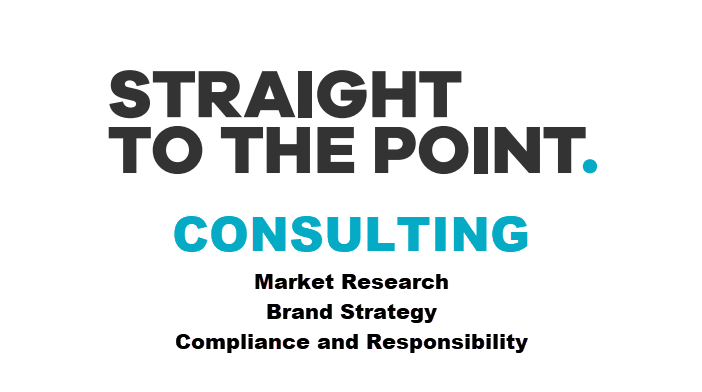The Innovation Trap
Innovation drives progress, but left unchecked, it risks chaos. Can we balance breakthroughs with accountability?
While innovation is often hailed as progress, efforts to regulate emerging technologies are frequently dismissed as anti-progress, self-serving, or worse. Innovators frame the issue in stark terms: regulation is bad; progress is good. They portray anything that prevents innovation as unnecessary handcuffs.
On the other hand, those calling for regulation or, God forbid, prohibitions view it as an essential guardrail.
Why hire Steve Ruddock? Over the years, Steve has advised startups, national gambling companies, government agencies, and investment banks on a wide variety of topics. Steve’s unique experience and insights are often the missing piece to the puzzle.
Whether you’re looking for market research, want to raise your brand awareness, or are trying to develop responsible gaming strategies, Steve can help with honest, balanced, no-nonsense analysis of the situation.
Reach out for more information: Straight to the Point Consulting.
Artificial intelligence (AI) is transforming society, promising breakthroughs in healthcare, transportation, and communication through automation and data analysis. The fear is that it is developing in a largely unregulated environment, with little consideration given to the existential risks posed by advanced systems.
Cryptocurrency has revolutionized finance with decentralized, borderless transactions. However, the lack of oversight has fueled fraud, money laundering, and speculative bubbles from meme coins to the FTX collapse.
Then there is the current disruption in the gaming industry — daily fantasy sports (DFS 2.0), sweepstakes, and prediction markets. Innovators argue that regulation or prohibition, at the behest of entrenched interests, stifles competition and consumer choice. Critics counter that by operating outside normal regulatory channels, they gain an unfair competitive advantage and allow predatory practices to go unchecked.
The innovation versus regulation debate is on full display in New York, following the passage of S 5935, which targets sweepstakes gambling. New York is one of many states that have taken legislative action (Montana and Nevada have also passed bills cracking down on sweepstakes) or issued cease-and-desist letters to sweepstakes operators — latest STTP coverage here and here.
The bill has sparked fierce opposition from the two sweepstakes lobby groups, the Social and Promotional Games Association (SPGA) and the Social Gaming Leadership Alliance (SGLA), with an emphasis on innovation and investment.
The SGLA criticized the bill as a rushed measure, “aggressively promoted by stakeholders with a competitive interest in shutting down these platforms,” and based on a “fundamental misunderstanding” of the industry.
The SPGA argued that the bill stifles innovation by criminalizing investment in new gaming models. “This legislation criminalizes that innovation cycle,” and “singles out ‘individual investors and investment firms’ for potential criminal penalties if they invest in any form of online gaming that allows a player to exchange any type of currency for a ‘cash prize, cash award, or cash equivalents.’”
Same Old Story
These arguments might sound familiar.
Keep reading with a 7-day free trial
Subscribe to Straight to the Point to keep reading this post and get 7 days of free access to the full post archives.




